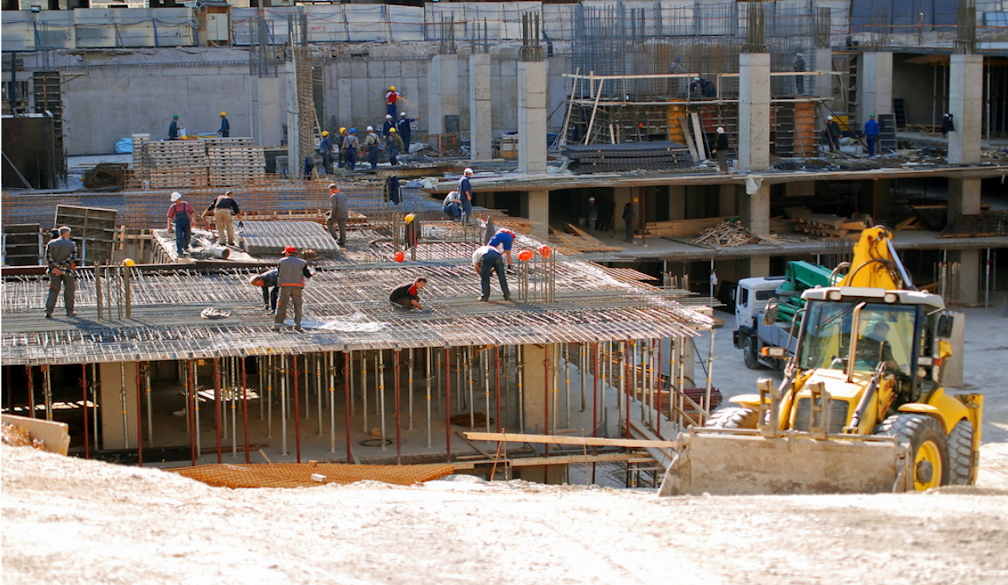What to Know About New Construction for Businesses

Starting a new construction project for a business is both exciting and complex. From the early stages of planning to the final touches, every decision can impact how smoothly your project runs and how well the space functions once complete. Whether it’s an office, warehouse or retail fit-out, new construction involves more than just bricks and mortar. It requires foresight, coordination and a clear understanding of the processes and professionals involved.
Business owners often underestimate how many moving parts come together in a construction project. Having the right team on your side can save time and reduce costly mistakes. It also ensures your space complies with regulations while meeting the practical needs of your operations. Understanding key aspects of planning, equipment and electrical work will give you the confidence to move forward.
Planning and Design Essentials
Every successful construction project starts with strong planning and design. At this stage, business owners usually work with professionals who can help transform an idea into something practical and achievable. A building drafting service is often one of the first steps in this process. Drafting allows concepts to be visualised in detail so the layout, dimensions and compliance requirements are clear from the outset.
Having professional drawings provides a roadmap for builders, contractors and engineers. It also helps when applying for permits, as councils and approval bodies rely on these documents to check if the project meets safety and zoning standards. Without this groundwork, delays can arise later, sometimes causing expensive adjustments. Planning also means considering how your business will operate in the new space, from workflow and storage needs to customer access.
Once the plans are approved, the project moves into the construction phase. This is when the groundwork, structure and internal spaces begin to take shape. Staying in close contact with your builder during this stage is vital, as it helps address issues quickly and ensures the project stays aligned with the original design. Good communication at this point can prevent budget overruns and keep the timeline realistic.
Choosing the Right Equipment and Materials
Construction for businesses isn’t just about walls and roofing. The equipment and materials chosen can influence the efficiency and durability of the finished build. Selecting the right industrial hardware is particularly important. These components, whether for structural integrity or operational functionality, must be reliable and suited to the demands of your specific business environment.
For example, warehouses may require heavy-duty fixtures and fittings, while offices might prioritise sleek finishes and ergonomic designs. No matter the type of business, hardware should balance strength, quality and cost-effectiveness. Sourcing equipment from trusted suppliers ensures safety and longevity, which reduces maintenance needs over time.
Beyond hardware, the choice of building materials such as concrete, steel and timber also matters. Each material has advantages depending on the scale and nature of the build. Sustainable options are becoming more common too, as businesses aim to reduce their environmental footprint while maintaining durability. Thinking carefully about these selections during construction can benefit both day-to-day operations and long-term growth.
The Role of Electrical Work in Business Builds
Electricity powers nearly every aspect of a modern business. From lighting and heating to complex equipment and technology, having safe and reliable systems is non-negotiable. That’s why engaging a licensed commercial electrician is essential for any new construction project. Their expertise ensures electrical installations meet regulations and are tailored to the unique needs of your business.
In commercial spaces, electrical systems must do more than power basic lighting. They often need to handle specialised equipment, advanced data cabling or high-capacity outlets. Planning these requirements during construction prevents disruptions later, especially as businesses expand or upgrade their technology. A qualified electrician also tests systems thoroughly, giving you peace of mind that everything operates safely.
Safety remains a priority in every construction project, and electrical work carries significant risks if not managed correctly. By working with experienced professionals, you can avoid hazards such as faulty wiring or overloaded circuits. Investing in quality electrical work upfront saves money in the long run, as it reduces the chance of failures or downtime once your business is operating.
Bringing It All Together
New construction for businesses is a journey that requires careful thought, reliable expertise and a focus on long-term outcomes. From planning with detailed drafts to choosing the right equipment and ensuring safe electrical systems, every step plays a role in building a functional and lasting space.
While it may feel daunting, approaching construction with the right knowledge and team can make the process far smoother. Good preparation, high-quality materials and professional workmanship create an environment where your business can thrive. With the right planning and execution, your new space can become a strong foundation for growth and success.









